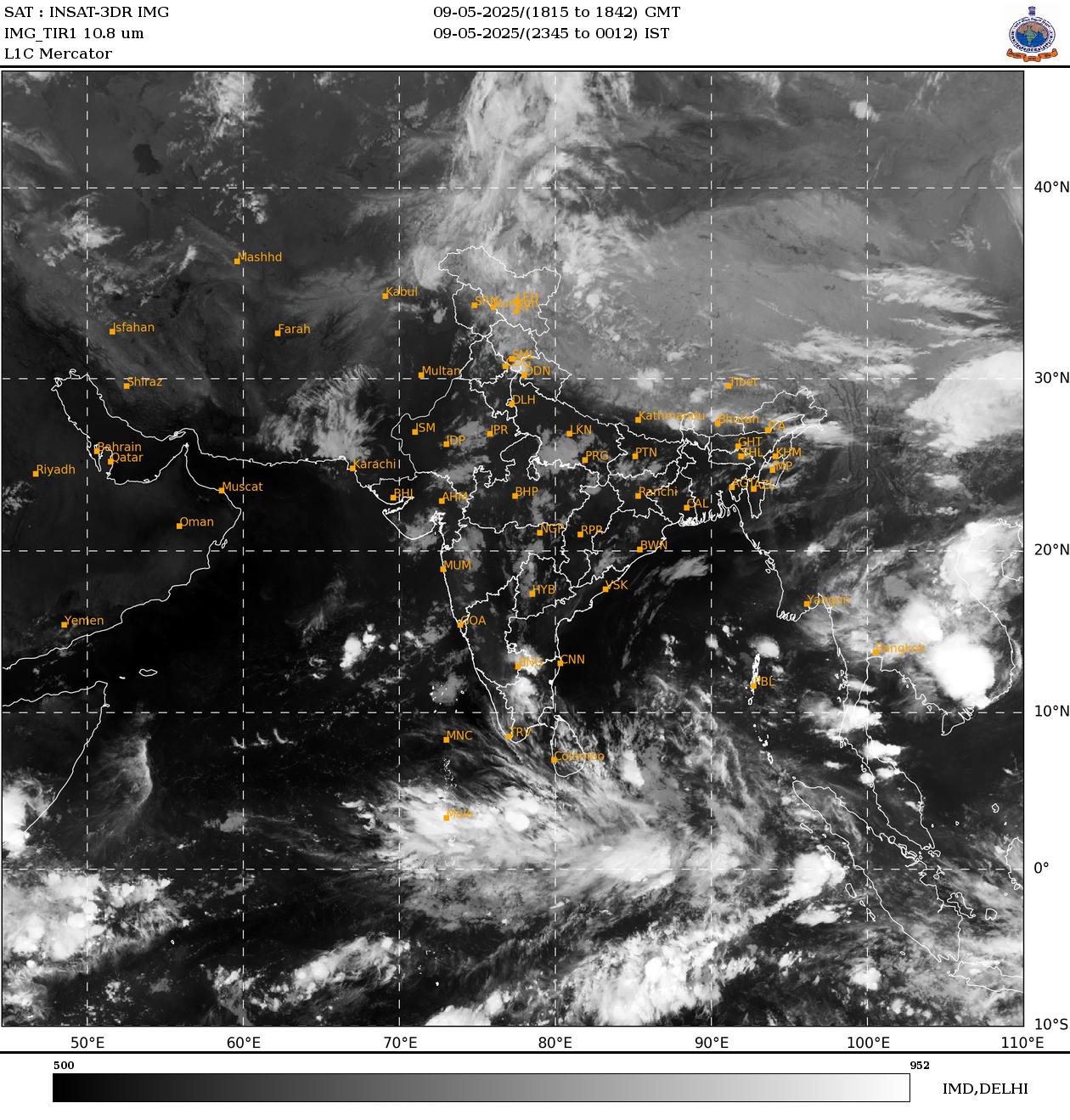Saving Lives: India’s technical textile revolution paved way for COVID-19 response
 ... -
... -
June 05, 2021 As COVID-19 surged through the U.S. last spring and summer, the country found itself facing an alarming shortage of the personal protective equipment (PPE) frontline health care workers desperately needed to battle the pandemic.
This year, on the other side of the globe, India is embroiled in the same struggle, except for one key thing. Until mid-2020, the U.S. relied on China to produce most of the PPE it used. In contrast, India is self-reliant – it can produce its own PPE because of its widespread support for and adoption of the technical textiles industry. Technical textiles such as nonwoven fabrics are important components of face masks, medical gowns and PPE.
It wasn’t always this way, but the work of one Texas Tech University professor over the last two-plus decades has played a vital role in preparing India for the very fight it’s in now.
After completing his doctorate in materials, textiles and fiber science in 1998, Seshadri Ramkumar joined Texas Tech. In 1999, with a major investment from the U.S. Department of Defense, he began researching nonwoven materials for defensive applications, such as chemical and environmental decontamination.
The Indian government had begun its own work in the nonwovens sector, but it was nascent. To help the field grow, Ramkumar – now a professor of advanced materials – has partnered with the Indian government and technical textiles organizations around the world to host conferences in India since the early 2000s.
The “International Conferences on Advances in Fibrous Materials, Nonwoven and Technical Textiles” were organized with several institutes in India in collaboration with The Institute of Environmental & Human Health (TIEHH) at Texas Tech since 2004. The events have been sponsored by notable industry groups, including the American Association of Textile Chemists and Colorists (AATCC), the Association of the Nonwoven Fabrics Industry (INDA), the Technical Association of the Pulp and Paper Industry (TAPPI) and the Industrial Fabrics Association International (IFAI).
“If you go back 20 years, the nonwoven industry really did not exist the way it is today,” explained Kanti A. Jasani, president and owner of Pennsylvania-based Performance & Technical Textile Consulting, who attended the 2006 conference as an AATCC representative. “Some products were being made, but not in the manner, scale or quality in which they are being made today – and that’s because of Dr. Ramkumar’s contribution, working with the major industry partners in India. Every year, he is in India during the summer, lecturing, holding seminars, visiting mills and helping companies.”
INDA hosted its first business conference in India, “Link with India,” in October 2007 to introduce the emerging textiles and nonwovens industry to a wider audience.
“Dr. Seshadri Ramkumar served as tutor for the first nonwovens training course in Mumbai in January 2007 and was instrumental in assisting INDA with these efforts,” said Lori Reynolds, director of events and administration for INDA.
In 2008, Ramkumar published a report on India’s technical textiles sector, “India Rising: Opportunities in Nonwovens and Technical Textiles,” which estimated its growth through 2050. So far, he’s been right. In 2006, India produced about 30,000 metric tons of nonwoven fabrics. In 2019, it produced 536,000 metric tons.
Professor A. Venkatachalam, former department chair at PSG College of Technology and former dean of textile technology at the Bannari Amman Institute of Technology, explains that the conferences and collaborations Dr. Ramkumar initiated across India with many entities and government bodies have given India significant expertise in nonwovens – and that has well positioned the country to deal with the COVID-19 pandemic.
Most viewed
- Amid weak demand, cotton price surge adds to woes of yarn mills
- Centre willing to procure jute and cotton crop if prices fall below MSP : Goyal
- BTMA signals minimum wage structure for cotton textile sector within next two weeks
- ASEAN delegation to visit India on 17 Feb for FTA review
- State further subsidises power supply to textile industry till 2028
- Bank fraud case: Textile baron Neeraj Saluja sent to 5-day police remand
- New MSME payment rule leads to many cancelled orders
- Boosting trade relations with India
- India’s cotton yarn exports to surge by 85-90% in FY2024: ICRA
- Bhiwandi Textile Firm Owner Flees After Duping 13 Manufacturers of Rs 58.55 Lakh
Short Message Board
Cotton Live Reports
Visiter's Status
Visiter No. 31713481Saying...........
Misery no longer loves company; nowadays it insists on it.
Tweets by cotton_yarn



